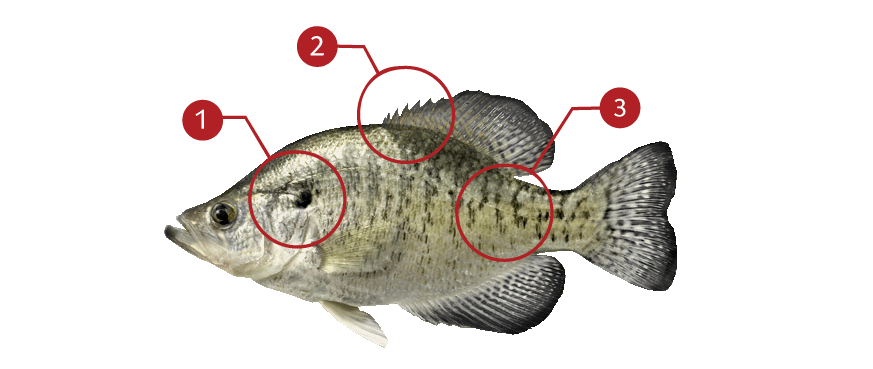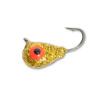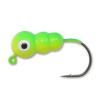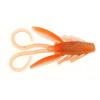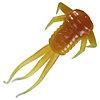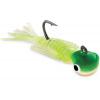WHITE CRAPPIE
How to identify a White Crappie
The black crappie and the white crappie are most often confused with each other. Despite their common names, both species are the same color (dark olive or black dorsally with silvery sides) and both have spots on the sides.
However, you can easily identify the white crappie because the pattern of the spotting is distinctly different. In the black crappie the spots are irregular and scattered while in the white crappie the spots may be more vague and are clearly arranged into 7-9 vertical bars on the sides. Another distinction; the white crappie has 6 or less dorsal spines. Additionally, white crappie have a distinct notches on their forehead as well as a more noticeable operculum spot.
SPAWNING TEMPERATURES
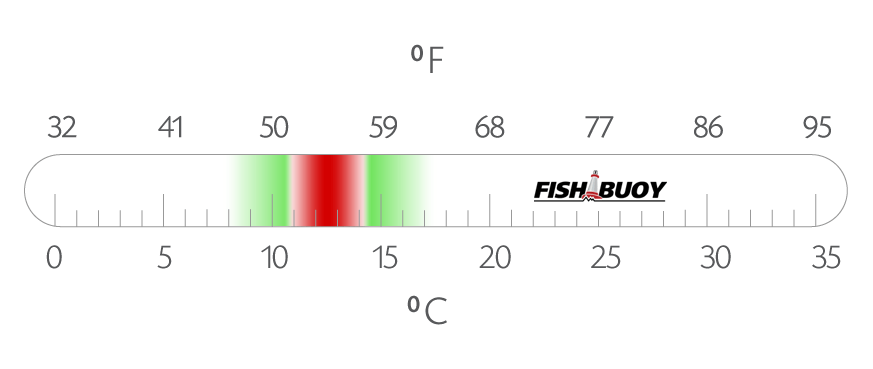
SPAWNING MONTHS

TARGET AREAS
|
|
Where to catch White Crappie
White Crappie can be found across North America in lakes, reservoirs and rivers. Unlike black crappie, white crappie have a higher tolerance for water turbidity and are often found in murky waters. White crappie are native to the Great Lakes, Mississippi River basins and expand to many waterbodies across the United States from New York to Texas. White crappie are not consider endangered and can be an invading species that often eat eggs of other fish species inhabiting a waterbody.


